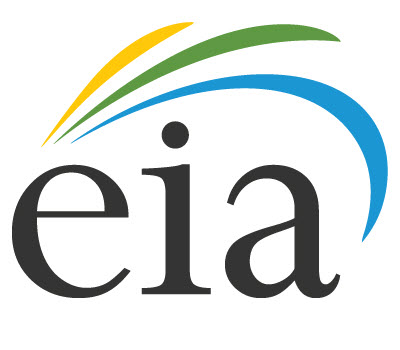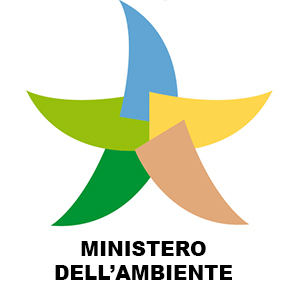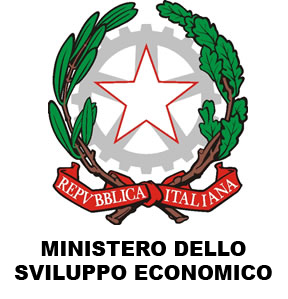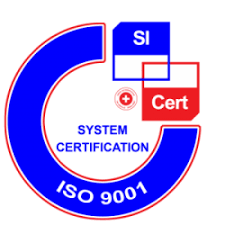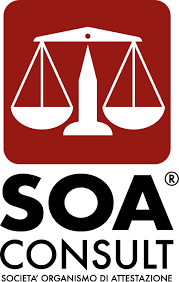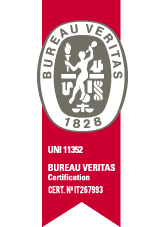Wind power is the product of the wind kinetic energy conversion into other forms of energy by mean of an eolic plant. The wind energy sector in European countries is characterized by the most rapid rate of growth together with solar PV. In the last ten years, in Europe, one-fifth of the increase in RE production was generated by wind. The minieolic (vertical or horizontal paddle) sector should be considered distinct from the traditional eolic plants, both for the different environmental impact, than for the output powers or for the produced kWh cost. Minieolic plants can be installed on roofs, terraces or on supporting structures, but in any case they have to be located in a suitable (windy) site. These modern mini eolic turbines, have quite small dimensions, operates silently, and are specifically designed for urban use, harvesting wind power for domestic production or better, for agricultural districts.
The micro-wind and mini-wind represent a cost-effective solution for small private investors, both in installation and maintenance costs. For installations below 60 kW there is no need to be enrolled in authorities registers. It is sufficient to proceed with a simplified procedure (PAS), which reduces the time required for bureaucratic approvals. There is no requirement for all micro eolic turbines with a height lower than 1.5 meters and a paddle diameter not bigger than 1 meter: their realization is considered as building routine maintenance and is not subject to the DIA discipline.
Restag can propose :
- micro eolic systems rated less than 20 kW ( This power rating is the limit for home consumption; these plants are not considered electrical workshops and consequently have no right to sell the energy produced; accordingly there is no taxation on their electricity production in accordance with Law 133/99, and they don’t have to be registered by UTF (Ufficio Tecnico di Finanza) because are not considered Electrical Workshops).
- mini eolic systems with nominal power from 20 kW to 100 kW (plants capable of self-consuming the energy produced, in whole or in part, but also to sell the surplus). In this case, the installation is considered an Electrical Workshops and then an UTF application is required, with a consequent taxation; for mini eolic plants there are incentives related to energy sale price of and subsidies, equal to those enjoyed by larger eolic plants.


